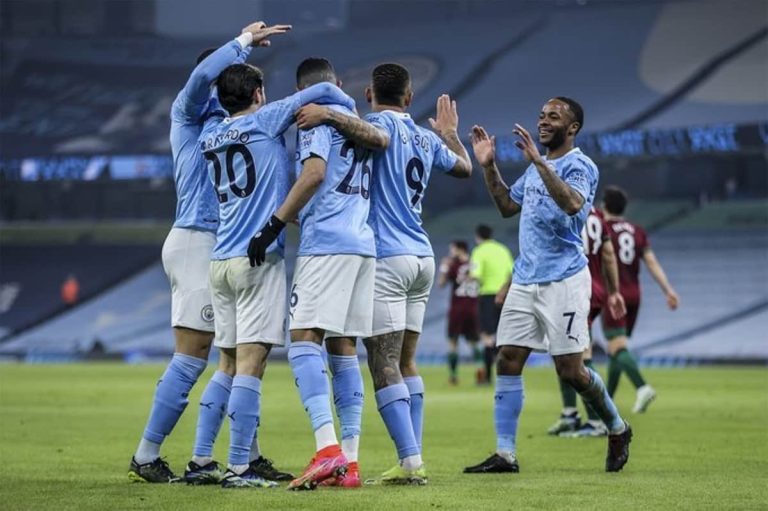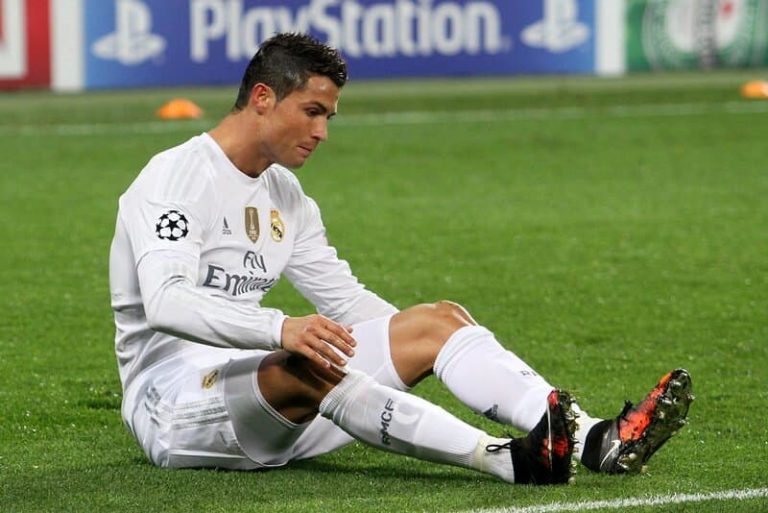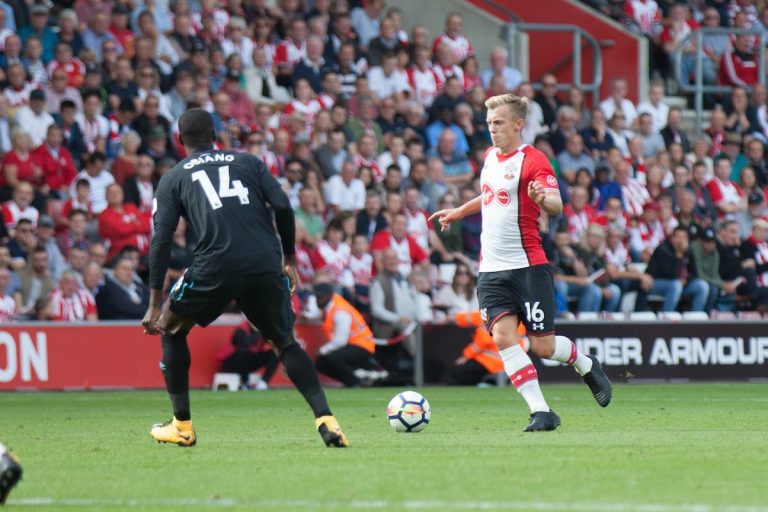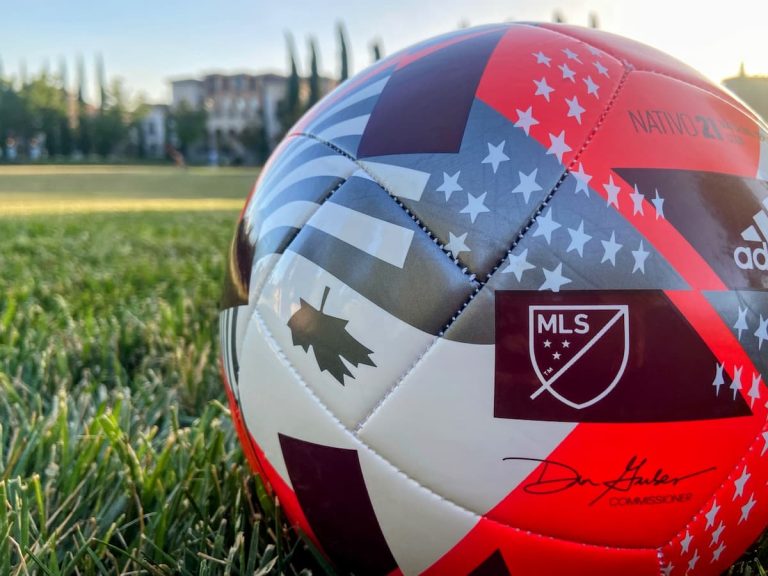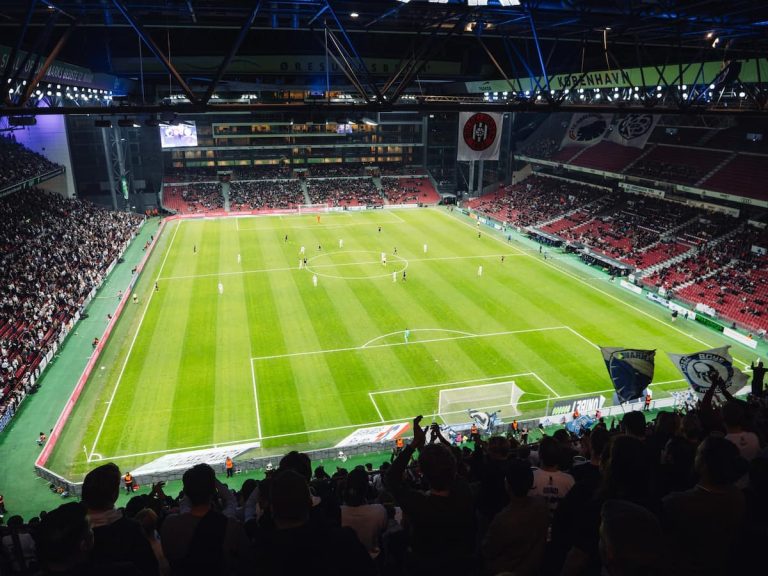What Is a Farmer’s League?
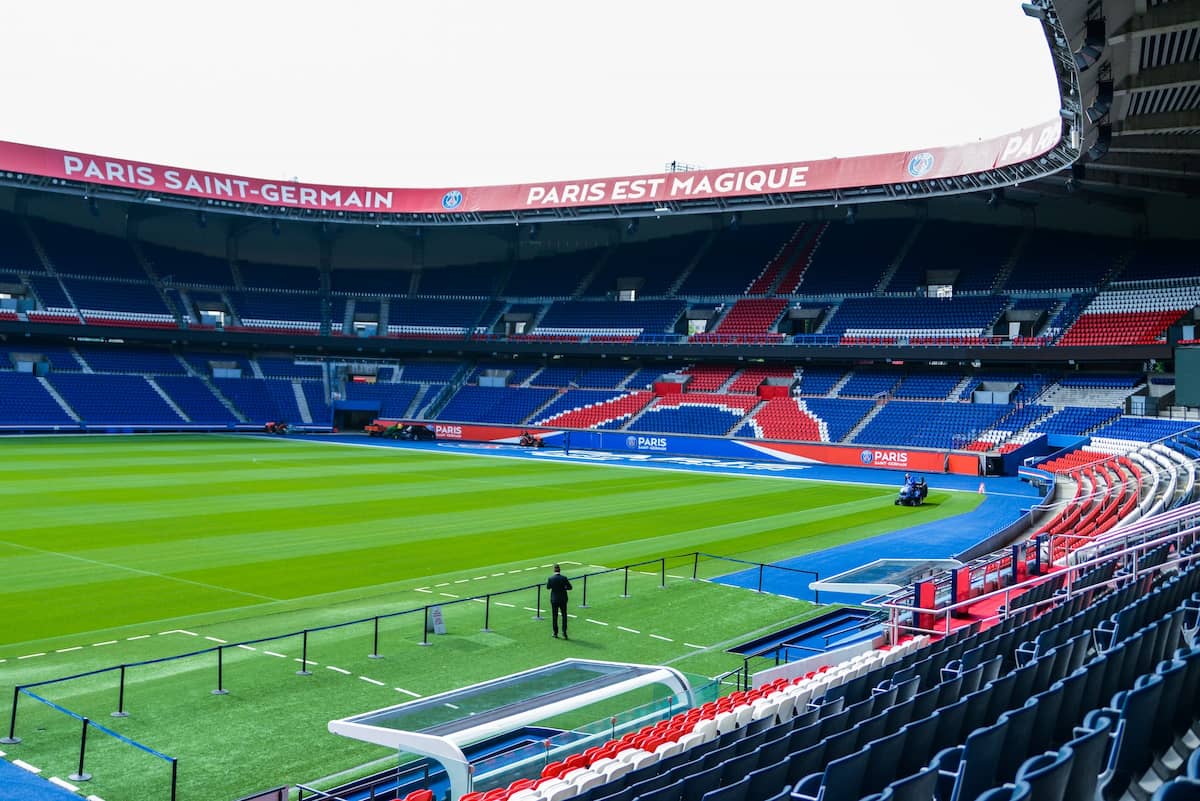
You may have heard the term “Farmer’s League” used by a football fan at some point during your life and have not quite known what it means. It’s often used in a tongue in cheek manner to describe various leagues across the world.
In this article, we discuss what a farmer’s league is, who uses the term, what characteristics one of these leagues has, and specifically Neymar’s transfer to PSG. Read on to become an expert on farmer’s leagues.
Table of Contents
What Is a Farmer’s League?
A “Farmer’s League” is a footballing term used by fans to describe a league they think is less competitive and contains lower quality players than the league they support.
Who Uses the Term ‘Farmer’s League’?
The term “Farmer’s League” is mostly used by fans of Premier League clubs when describing some of the other top 5 major leagues, most specifically Ligue 1 and Bundesliga. Premier League fans will take joy calling other leagues by this term to try and demonstrate their superiority, as the Premier League is arguably the most competitive and exciting league in the world.
Which Leagues Are Considered Farmer’s Leagues?
Out of the top 5 leagues across the world (Premier League, La Liga, Serie A, Bundesliga & Ligue 1), it’s mainly Ligue 1 that gets associated with the “Farmer’s League” label. The Bundesliga has sometimes been given it too, though.
Ligue 1
The French top flight, Ligue 1 is where the term “Farmer’s League” supposedly originated from. Between 2012 and 2023, Paris Saint Germain won the league title 9 times out of 11 opportunities, with Monaco and Lille both winning it once in that time.
The combination of their domestic domination and the significant wealth of their owners has meant that they’ve been able to sign top global talents, making the league incredibly unfair. Any high-profile player that has subsequently moved to PSG within this time frame has been described as moving to a farmer’s league.
Bundesliga
Another major league that is considered a “Farmer’s League” is the Bundesliga. The German top flight is a somewhat monopoly, too, with Bayern Munich dominating the league for many years.
Since 1999, Bayern have won the league 18 times out of a possible 24, and they have won the last 11 consecutive titles since the 2012/13 season. This is a stronger dominance than PSG’s in Ligue 1, however the French club tend to carry the “Farmer’s League” label more than the German powerhouses.
Bundesliga sides outside of Bayern can find it difficult to sign top talents across the world, as any that do move to Germany are most likely to move to Munich due to their domination. Elite players that have signed for Bayern in recent years include Harry Kane, Leroy Sané, Arjen Robben and Franck Ribéry.
What Characteristics Does a Farmer’s League Have?
So now let’s have a look at what kind of characteristics a farmer’s league has. The main traits associated with leagues that have been given this title are less competitiveness and lower quality of players.
Less Competitiveness
The main trait associated with farmer’s leagues is the fact that they are considered “less competitive”. This tends to mean that the league is dominated by one or two sides each year, e.g. PSG in Ligue 1 or Barcelona and Real Madrid in La Liga.
If there’s less competitiveness and the same one or two sides tend to win the competition each season, any high-profile player who chooses to join one of these sides is often said to be joining a farmer’s league.
This is mostly because they’ll find it incredibly easy to play at this level and could challenge themselves at a higher level instead. A great example of this was when Neymar decided to join Paris Saint Germain at the age of 25 from Barcelona.
Lower Quality of Players
The other main characteristic of a farmer’s league is a general lower quality of players across the board. Although the top sides in these leagues, e.g. PSG and Bayern Munich, will have some global elite talents in their ranks, the general quality tends to be lower than the most prestigious leagues.
The average quality of player in the Premier League tends to be much higher than Ligue 1 or the Bundesliga, and this is what further cements the term “Farmer’s League” in footballing circles.
Because teams in farmer’s leagues find it more difficult to sign higher quality players, they have to rely on scouting and player development rather than transfers to try and have good players in their sides.
Downsides of Farmer’s Leagues
When discussing “What is a farmer’s league?” it’s definitely worth exploring the downsides of being labelled one. There are some significant downsides for leagues that get given this title, and these include difficulty attracting top talent, lower broadcasting revenue and lower sponsorship income.
Difficulty Attracting Top Talent
Although some big players have moved to easier leagues in the past, including Neymar, Lionel Messi and Ángel Di María, teams in these leagues do generally find it hard attracting top talent. For example, a mid-table club in Ligue 1 would find it much harder to attract a talented player in comparison to a mid-table Premier League side.
This is because the Premier League can, on average, offer higher wages, more competitive football and a wider global reach. It’s only really the top sides in farmer’s leagues that can match this kind of offering, and even then they might still face some difficulty securing a top player’s services because the player might want to challenge themselves at the highest level possible.
Lower Broadcasting Revenue
Farmer’s leagues also tend to receive lower broadcasting revenue, as the top couple of leagues (Premier League & La Liga) will receive the most. The most competitive and exciting leagues will have the most demand for viewership across the world, which is why farmer’s leagues can sometimes struggle on this front.
Lower Sponsorship Income
Likewise to broadcasting revenue, farmer’s leagues can sometimes struggle in terms of sponsorship income. Yes, the top clubs like PSG should be fine on this front, with key sponsorships from Qatar Airways through their ownership Qatar Sports Investments, but other clubs in Ligue 1 would find it harder to secure quality sponsorship deals.
Where Did the Term “Farmer’s League” Originate From?
Neymar’s Transfer to PSG
It is rumoured that the term “Farmer’s League” derived in 2017 when Brazilian forward Neymar chose to leave Barcelona in La Liga to play for PSG in Ligue 1 at the age of 25. About to enter his prime playing years, the move was deemed disappointing, with the player opting to take on an easier challenge, while prioritising money and becoming the “star man” instead of becoming one of football’s greats by staying in La Liga or moving to the Premier League.
As of 2023, Neymar has made another questionable move, sealing a permanent transfer to Saudi Pro League big shots Al Hilal at the age of 31. It appears that he has yet again chosen to take on an easier challenge for more money, which is why he might not go down as one of the greatest footballers of all time.
Conclusion
What is a farmer’s league? Out of the top 5 major leagues, Ligue 1 and Bundesliga are often labelled as one of these leagues with huge monopolies at play. This restricts broadcasting and sponsorship revenue across the whole league and can make it difficult for clubs to attract the best players.
Many elite players have opted for moves to farmer’s leagues, though, and this can sometimes help them break records, Neymar and Lionel Messi are two great examples of these moves. With the Saudi Pro League developing at a rapid rate in 2023, we might see more leagues get given the “Farmer’s League” label by football fans in the near future.
Frequently Asked Questions
Why Is Ligue 1 a Farmer’s League?
Ligue 1, France’s top footballing division, is considered a farmer’s league because of the impressive record PSG has of winning the title. When elite talents have signed for Paris, they have been described as moving to a farmer’s league as they’ll be playing at a lower standard to what they’re capable of playing at, e.g. when Neymar moved there from Barcelona in 2017.


